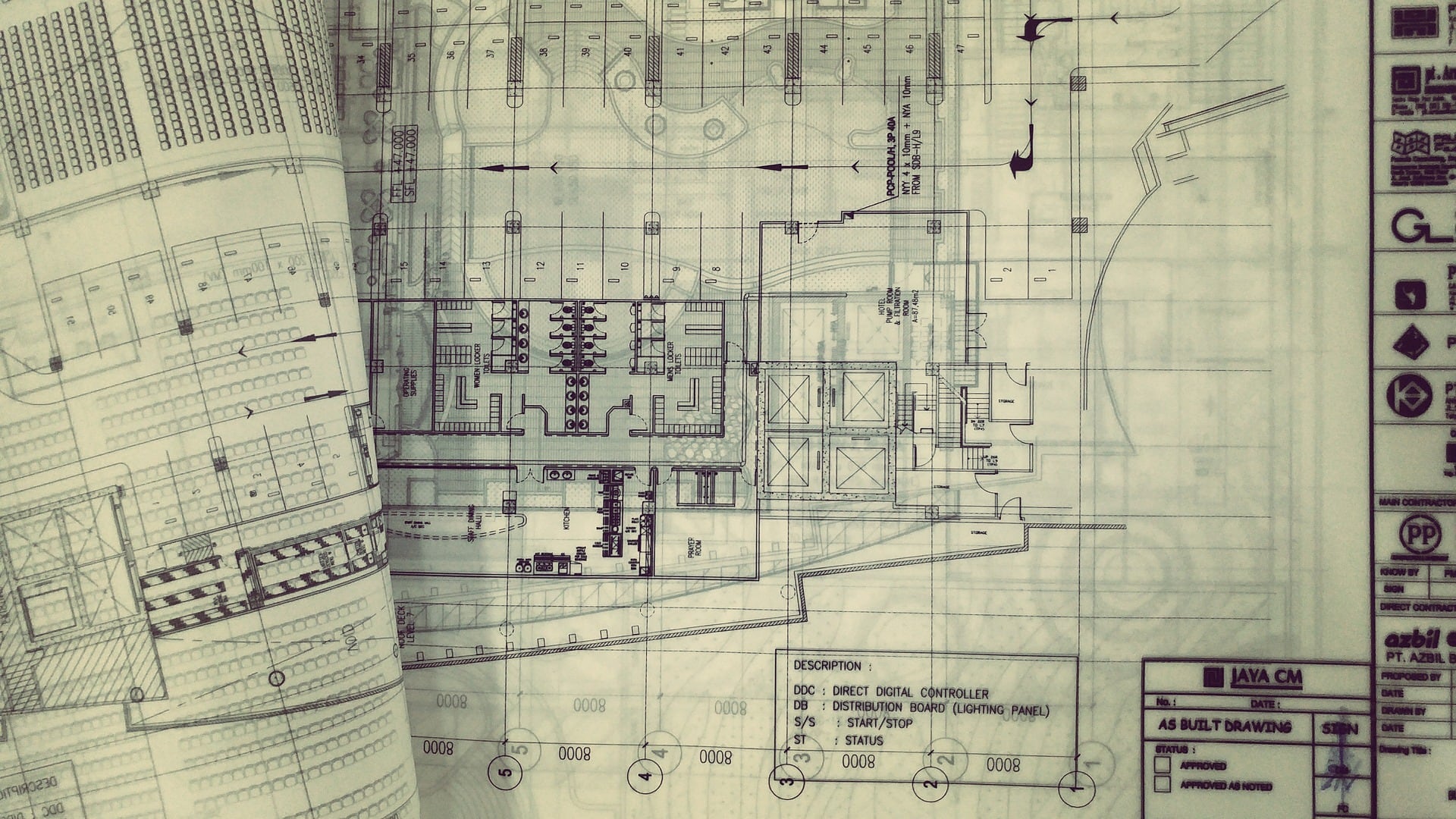General Intent of our Engineering Safety
and Loss Control Program
We will provide you with a complete and fully functional Engineering Safety and Loss Control Program that mitigates potential losses and fosters safety. To assure acceptability of your program, Waterbury will monitor and conduct periodic audits, make recommendations and issue appropriate directives to assure a suitably implemented and fully functional Safety and Loss Control program.
The program shall include but will not be limited to the following:
- A fully effective on-site safety inspection and risk assessment program.
- Documentation that your company is committed to safety and has provided the resources, management commitment, and decision-making processes to carry out an effective safety program.
- A written safety plan specific to your business and hazards.
- Documentation that your company has a designated safety officer, appropriate posters, safety policies outlined, a safety committee, employee participation, adequate provisions for first aid and medical treatment, and conducts safety training for employees.
- Documentation that your company has adequate accident investigation procedures including appropriate reports, record keeping, and reporting and notification in place.


Inspections
Our Risk Management plan outlines when risk assessment site inspections are to be undertaken. For the purposes of this risk management plan the NCCI Hazard Class rating system is used. Low risks are defined as hazard class A and B (A.M. Best classes 1,2,3); medium risk is defined as hazard class C and D (A.M. Best 4,5.6); hazard class E and F (A.M. Best classes 7,8,9,10) is high: hazard class G is high/prohibited. . The following generally recaps inspection requirements for proper risk assessments.
- Pre-Inspection: For all Medium to High Risk Clients
- 30 Day Inspections: Any new client insured not targeted for a pre-inspection shall have a risk assessment inspection done within 30 days subsequent to engagement.
- Yearly Inspections: All clients will have a yearly risk assessment inspection.
- Special Inspections: All high-risk clients shall be inspected quarterly.
Loss Control Specialists
We retains safety and loss control specialists. Creating a safe work environment is crucial. These safety and loss control specialists shall work specifically with your company to assist in developing a safe work environment. The specialists shall conduct the on-site safety and loss control inspections and provide materials and guidance as needed to assure a safe workplace. They will observe the safety and loss control program, document its features, and make recommendations as appropriate. A detailed risk assessment will be undertaken to fully evaluate your company practices. Included in this effort is hazard recognition and evaluation.
Waterbury Safety and Loss Control Specialists shall also review the following during on-site inspections as part of their loss control function:
- Worker Class Codes Relative to Observed Job Duties
- Clarify Standard Exemption Employees
- Rule out Exclusionary Exposures
- Payroll per Employee
- Seasonal/Temp Employees
- Duties Most Susceptible to Injuries
- Drug Program- Pre Employment, Post Injury, Random
- Back to Work Program Availability and Usew
- Home Work Employees
- Occupational Disease Exposure
- OSHA Review and/or Citations


Engineering Safety and Loss Control Audit
Compliance with Waterbury’s standards for safety and loss control will be determined by a review and audit. Your company will be audited for Engineering Safety and Loss Control at least quarterly with lesser reviews scheduled monthly or as deemed desirable or necessary. The following procedure will be utilized.
Preparation:
Prior to conducting the audit there is a review of management reports for the auditor to become familiar with your company’s safety record and note any trends or ‘flags.’
General Safety Audit Undertakings:
The auditor will formulate a specific plan that includes information gathered from the previous efforts. The auditor will also evaluate the effectiveness of your company’s programs for engineering safety and loss control and make recommendations and issue directives to insure an effective program. The auditor will advise your company about available resources to assist with the program.


